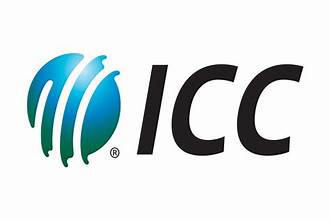What’s normal blood pressure? Blood pressure measures the force of blood flowing through your arteries. Ideally, you want to keep it as low as possible; having high blood pressure can lead to serious health problems, including heart attack and stroke, so it’s important to know your numbers and take care of your cardiovascular system before you run into trouble. If you notice that your blood pressure has gotten too high, speak with your doctor right away about treatment options to lower it back down to normal levels again.
Lower than average
When you have too low blood pressure, your heart might not be able to pump enough blood throughout your body. This can lead to lightheadedness, fainting and even heart failure. Low BP is also known as hypotension and can cause dizziness when standing up. Severe hypotension may require treatment at a hospital. If your blood pressure is low, eat foods that are naturally high in salt to help raise it—sea salt tends to have fewer additives than table salt, so it’s best to use that if possible. You may also need medication or certain medical treatments.
Healthy levels
The ideal blood pressure reading is somewhere between 120/80 and 140/90. A level around 130/85 is considered normal. But to get a better idea of what healthy levels are, talk to your doctor about your personal numbers. If you’re 40 or older, having high BP puts you at risk for heart attack, stroke, and kidney failure. (High readings also can mean diabetes, overactive thyroid, and urinary tract infections.) If your BP is higher than 150 over 90—what’s called hypertension—lifestyle changes, including weight loss if you need it, are important first steps toward getting it under control.
High blood pressure
With every heartbeat, your heart pumps blood through your arteries to nourish your body. If there is too much pressure against your artery walls—as is often the case with high blood pressure—
your heart has to work harder to pump blood throughout your body. This extra stress can be harmful over time, leading to problems like aneurysms and heart disease. High BP may not cause any symptoms at first; it’s often called the silent killer because you might not know it’s happening until it causes health problems.
How high is too high?
If your blood pressure is between 120/80 and 139/89, you’re at the prehypertensive level. That’s not great, but it doesn’t mean that you need to worry just yet. Above that is what’s considered hypertension, or high blood pressure. (If it’s 130/80 or higher, you should get checked right away.) Hypertension—which affects nearly one in three Americans—can cause heart disease and stroke as well as kidney failure, blindness, erectile dysfunction, and premature death. But there are ways to lower your risk of getting there: Eat better; exercise more; lose weight if you’re overweight; don’t smoke; reduce stress; don’t drink too much alcohol.
Causes of high blood pressure
It is sometimes very difficult to determine what is causing an elevated blood pressure reading, especially if it isn’t severe. While some people have underlying high BP that will likely never be resolved, many are able to correct their readings through simple lifestyle changes. If you suspect that your high blood pressure could be caused by something other than an underlying medical condition, take a closer look at your lifestyle and make sure you aren’t engaging in any bad habits. Some of these bad habits include: excessive salt intake, excessive alcohol consumption, stress and too little exercise. By changing any of these bad habits (or adding good ones), you can bring your BP back down to normal levels.





[…] Normal blood pressure: The ideal blood pressure for a healthy life […]